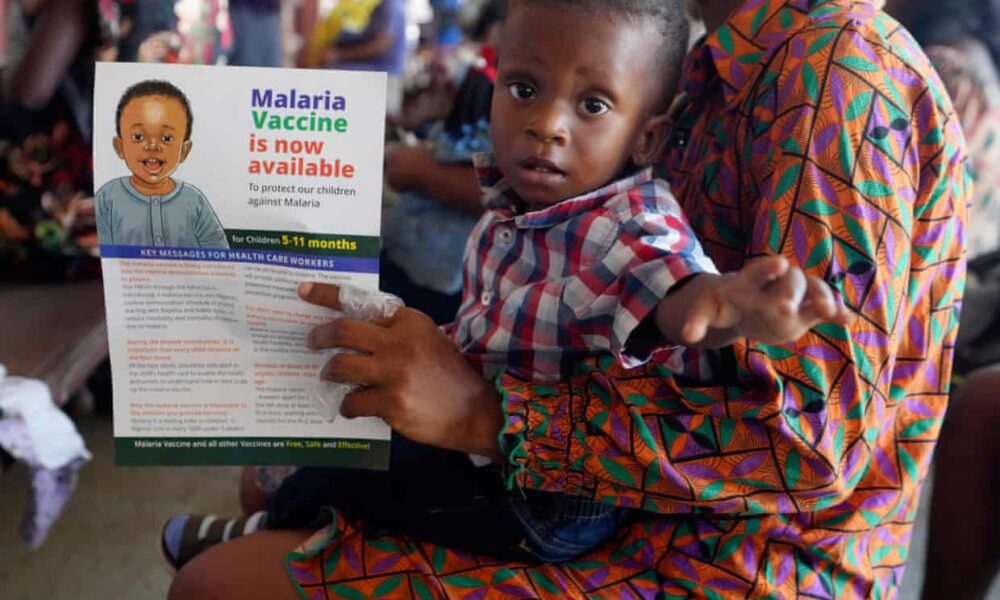Significant reductions in funding from wealthy nations to an anti-malaria initiative could lead to a resurgence of the disease, causing millions of deaths and substantial economic losses by 2030. A recent analysis highlights the urgent need for continued investment in malaria control, particularly as factors like extreme weather, humanitarian crises, and rising drug resistance threaten progress made over the past years.
According to the report, commissioned by Malaria No More UK and the African Leaders Malaria Alliance (ALMA), a decrease in contributions to the Global Fund to Fight Aids, TB and Malaria could result in an additional 33 million malaria cases and approximately 82,000 deaths over the next few years. If funding were to fall by just 20% from the previous round, the economic impact would be severe, with an estimated $5.14 billion (approximately £3.83 billion) in lost GDP by the end of the decade.
The current financial landscape shows a troubling trend. Recently, Germany announced a pledge of $1 billion, representing a 23% reduction from its last commitment. The UK government is also reportedly considering a funding cut of 20% from previous levels, although no final decision has been made. This potential funding gap raises concerns about the future of malaria control efforts.
Regional Leaders Urge Action
Leaders from sub-Saharan Africa have expressed alarm over these funding cuts, appealing to the G7 for continued investment. They emphasize that effective malaria control is crucial for economic growth and trade in the region. Joy Phumaphi, a prominent figure with ALMA, stated, “African countries are stepping up to the plate, and we are appealing to the rest of the world to accompany us on this journey.”
The report underscores the devastating consequences if preventive measures collapse entirely. It estimates that without adequate funding, there could be an additional 525 million cases and nearly 990,000 deaths, with a staggering $83 billion in lost GDP. Notably, the impact would be felt most acutely among vulnerable populations, with approximately 750,000 of those deaths being children under five. The authors of the report describe this scenario as “the loss of a generation to malaria.”
Conversely, if the Global Fund receives the full requested amount of $18 billion, the potential benefits are substantial. The report indicates that such funding could lead to a $230 billion boost in GDP, along with 865 million fewer cases and 1.86 million fewer deaths.
Calls for Collective Responsibility
Phumaphi highlighted recent increases in domestic budgets allocated to health and malaria in African nations but cautioned that these efforts are insufficient without global support. She pointed out the dual challenges facing the region, including the economic repercussions of COVID-19 and the rise of non-communicable diseases like diabetes and cancer.
The importance of private sector involvement cannot be overstated. Aliko Dangote, a Nigerian businessman, has urged others to help fill the funding gap, emphasizing that “malaria is not just a health crisis; it is an $83 billion brake on Africa’s growth and enterprise.” He noted that business growth is hindered in communities burdened by illness.
The report also delves into the broader economic implications of malaria, factoring in disruptions to education, workforce productivity, and the tourism and agriculture sectors. As Malaria No More UK and ALMA push for renewed commitments from donor nations, the stakes could not be higher.
In conclusion, the future of malaria control hinges on the collective efforts of governments, private sectors, and individuals worldwide. The potential consequences of funding cuts are dire, making immediate action necessary to prevent a resurgence that could devastate communities across sub-Saharan Africa.






